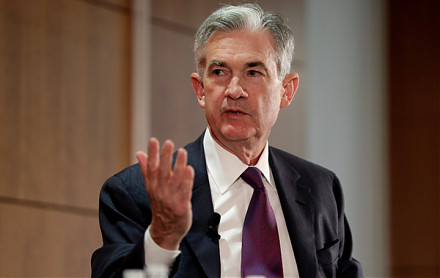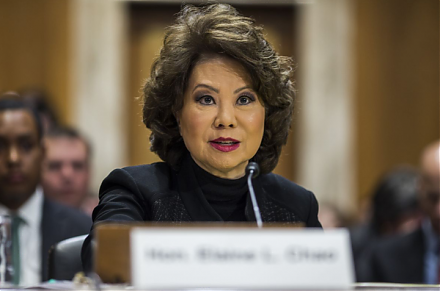

2019-01-03 10:38:00 Thu ET
technology social safety nets education infrastructure health insurance health care medical care medication vaccine social security pension deposit insurance
American parents often worry about money and upward mobility for their children. A recent New York Times survey suggests that nowadays American parents spend more time, effort, and money raising their kids. In recent times Merrill Lynch reports that the average cost of raising a child to 18 years old tops $230,000. The same report also suggests that 79% of American parents continue to provide financial support to their adult children. Costs for food, school, transportation, entertainment, technology, and other activities typically increase as children grow older. Also, 69% of parents admit to feeling pressure and even anxiety to give their children what their peers have.
There is an element of competition, peer pressure, or keeping up with the Joneses that entices parents to spend more money on their children. Economic prosperity motivates these parents to help ensure that their children are financially better off than the previous generations. A recent empirical study by the Federal Reserve Bank of St Louis demonstrates that millennials face unique financial struggles. The financial struggles include higher average unemployment rates, stagnant wages, less affordable residential properties, and student debt imbalances. Millennials are now at risk of becoming a unique lost generation that collectively accumulates less wealth during their lifetime.
If any of our AYA Analytica financial health memos (FHM), blog posts, ebooks, newsletters, and notifications etc, or any other form of online content curation, involves potential copyright concerns, please feel free to contact us at service@ayafintech.network so that we can remove relevant content in response to any such request within a reasonable time frame.
2018-07-01 08:34:00 Sunday ET

Are China and Russia etc gonna dethrone the petrodollar? Over the years, China, Russia, France, Germany, and Japan have made numerous attempts to use their
2023-06-21 12:32:00 Wednesday ET

Michael Sandel analyzes what money cannot buy in stark contrast to the free market ideology of capitalism. Michael Sandel (2013) What money
2019-06-05 10:34:00 Wednesday ET

Fed Chair Jay Powell suggests that the recent surge in U.S. business debt poses moderate risks to the economy. Many corporate treasuries now carry about 40%
2018-10-05 10:38:00 Friday ET

A 7-year $1.3 billion hedge fund manager Chelsea Brennan shares her investment advice. Her advice encompasses several steps toward better financial literacy
2018-02-11 07:30:00 Sunday ET

President Trump unveils his ambitious $1.5 trillion public infrastructure plan. Trump proposes offering $100 billion in federal incentives to encourage stat
2018-08-07 07:33:00 Tuesday ET

President Trump sounds smart when he comes up with a fresh plan to retire $15 trillion national debt. This plan entails taxing American consumers and produc